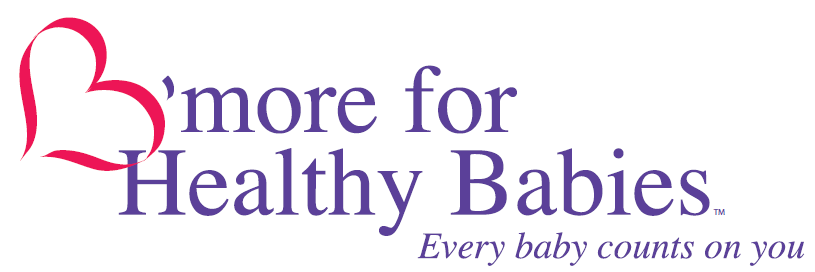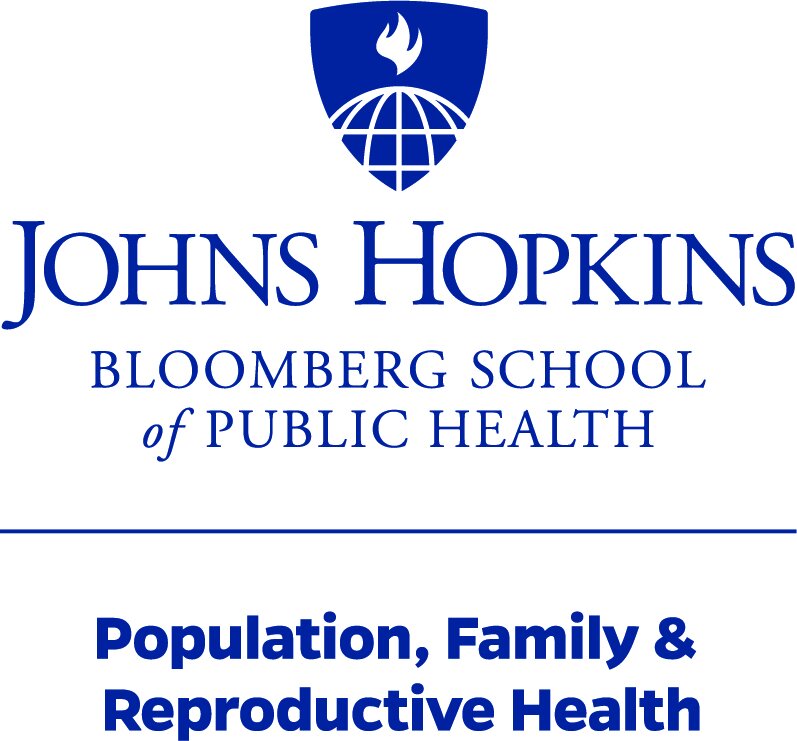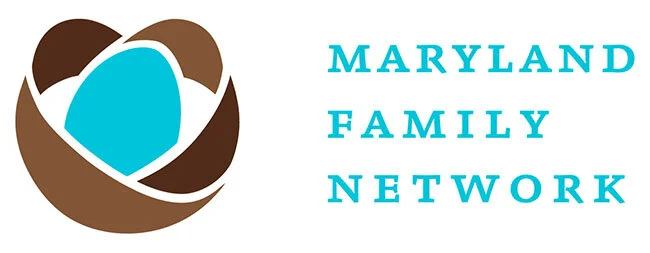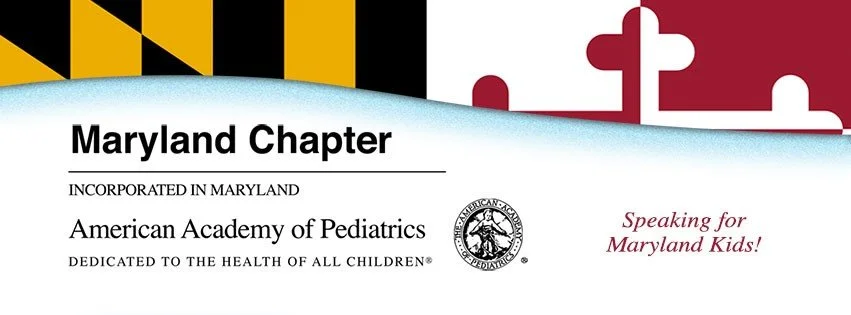
About Us
Our Collaborative Partners
Over one Million infants and toddlers from low-income families served.
In June 2020, Maryland was awarded a coveted Pritzker Children’s Initiative grant of $1 million over three years to join 19 other states with a goal that at least one million low-income infants, toddlers, and their families be served by high quality early childhood programs by 2023 throughout the United States. Maryland’s goals were specific to our State’s needs.
In January 2024, Maryland was awarded $666,000 over two years to continue the work that was started with the previous grant. Under the new implementation grant, Maryland will utilize the targeted universalism framework to focus on paid medical and family leave (FAMLI) implementation and Child Care Scholarship (subsidy) utilization of parents and providers in Baltimore City, Prince George's County, and Somerset County. This strategic focus in these three jurisdictions helps to ensure that all Marylanders are accessing the available services and supports to help their families thrive.
Vision:
Our vision is to see that all expectant families and those with children prenatal to age 3 in Maryland thrive. To this end, we will remove the financial and structural barriers that prevent disadvantaged populations from receiving the high-quality programs and services they need.
Mission
Our mission is to establish, enhance, and expand high-quality programs and services for at-risk, expectant families and those with young children across Maryland. We will also increase awareness of the critical importance of early life experiences in achieving lifelong health and well-being.
Equity Approach
We aspire to lead with equity so that we “help children thrive by recognizing and building on each child’s unique set of individual and family strengths, cultural background, home language, abilities, and experiences.”1 Advancing equity is a core goal of the Maryland PN-3 initiative. We strive to “embrace diversity and full inclusion as strengths, uphold fundamental principles of fairness and justice, and work to eliminate structural inequities that limit equitable” opportunities for health, development and learning.2 The Key Leaders, a diverse group of stakeholders who guided our planning process established expectations and set the tone for meaningful, and at times difficult, conversations.
References
Guiding Principles
Maryland adopted eight principles that guide our strategic policy agenda and implementation plan. These are highlighted below and complement our understanding of high-quality programs and services (see High-Quality Programs and Services, below).
Families as Partners
Families’ strengths, needs, and preferences drive service planning and decision making.” 1
Families are supported to participate in planning, evaluating and enhancing PN-3 services and programs.
Culturally Responsive
We value diversity, respecting, being aware of, and accepting different cultural values and practices.
We acknowledge implicit bias.
Equity Lens
We recognize and address the fact that certain populations—whether defined by race, ethnicity, ability, gender or other characteristics—have historically been and are currently treated unjustly.
We seek to “…Reduce barriers and facilitate access to services for all families in need so that they can reach their full potential and be valued members of society.”1,2
Collaborative Partnerships
“Providers, organizations, and systems acknowledge, learn from, and leverage the strengths of varied [stakeholders].” 1 Partnerships include state-local, public-private, interdisciplinary, cross-sector, and parents.
Two-generation Approach
“Two-generation approaches focus on creating opportunities for and addressing needs of both children and the adults in their lives together. The approach recognizes that families come in all different shapes and sizes and that families define themselves.”
Coordinated Service Delivery
We strive to offer activities in a mixed delivery system to deliver “the right services in the right setting at the right time.” 4
Adaptable
“Providers, organizations, and systems are prepared to meet the changing needs of families, communities, and society.” 1 For example, programs are modified to offer extended hours of operation, multiple language supports, and culturally relevant services.
Focused on Population Impact
“The early childhood system emphasizes promotion, prevention, early identification, and timely response to identified family and community needs.” 1 We will change results on a population level (keeping a focus on individual families while demanding we achieve community-level results).
References:
1 West A, Gruss K, Correll L, Duggan AK, Minkovitz CS. Service Coordination in Home Visiting: A Toolkit for Practice and Research. Home Visiting Applied Research Collaborative. 2018. https://www.hvresearch.org/service-coordination-toolkit/
2 Advancing Equity in Early Childhood Education. NAEYC. 2019. https://www.naeyc.org/resources/position-statements/equity
3 The Aspen Institute. What is 2GEN? http://ascend.aspeninstitute.org/two-generation/what-is-2gen/
4 Adapted from McDonald et al. Care Coordination Measures Atlas Update. AHRQ 2014. http://www.ahrq.gov/professionals/prevention-chronic-care/improve/coordination/atlas2014/chapter2.html
If you are interested in joining as the B3 Network as a Collaborative Partner, please contact Felicia Jones-Taylor at fjones@marylandfamilynetwork.org













